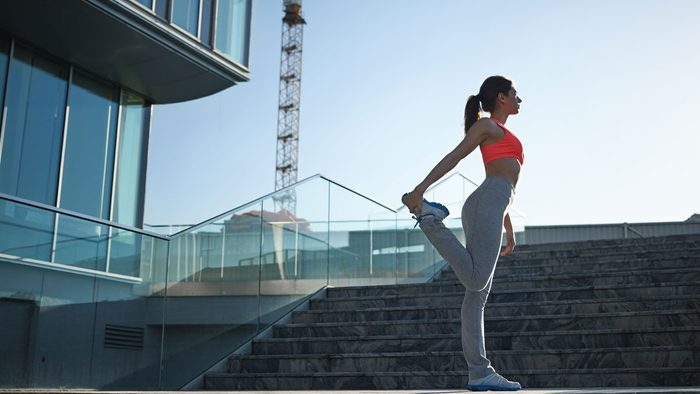
Work out in the morning
If you’ve (finally) developed the habit of hitting your go-to fitness studio right after work instead of getting half-off cocktails at happy hour, we’re giving you major props. Unfortunately though? Pulmonary and critical care physician, Cedric Rutland, MD, says that a morning workout is the better time-of-day choice for your 30s. “Sure, getting up is no fun, but it’s proven scientifically that working out in the a.m. increases your energy level throughout the day, along with improving your mood and the feeling of accomplishment before you arrive to work,” he shares. He says this extra burst of motivation will also give you more time (and desire) to plan your meals, making you more mindful about portions and nutrition.

Learn to manage stress and anxiety
Those pizza-and-soda fueled all-nighters during finals might be some of your best memories in college, but if you haven’t learned stress-relief strategies that work for you by the time you reach 30, it can start adding up to serious health issues. (Don’t miss these telltale signs you’ve got a serious stress issue.) As psychologist Nikki Martinez explains, stress is responsible for 77 percent of all illnesses—from digestion issues to an inability to lose weight. That’s why she says learning effective coping skills that work specifically for you is key to happiness in your 30s. “When you reach an age where your body is going through changes and is not bouncing back as it once did, stress and anxiety can actually start to become quite significant issues. It can cause you to gain weight, due to the high levels of cortisol it produces. It can cause illness, prevent pregnancy, and contribute to miscarriage. It can start to really meaningfully impact relationships that are more serious at this age, prevent you from moving up in a career that you should be fairly established in, and it can rub off on your children, who learn coping styles and skills from observations,” she explains. “Learning solid coping skills, stress management, mindfulness and healthy outlets can truly impact each and every area of your functioning.”
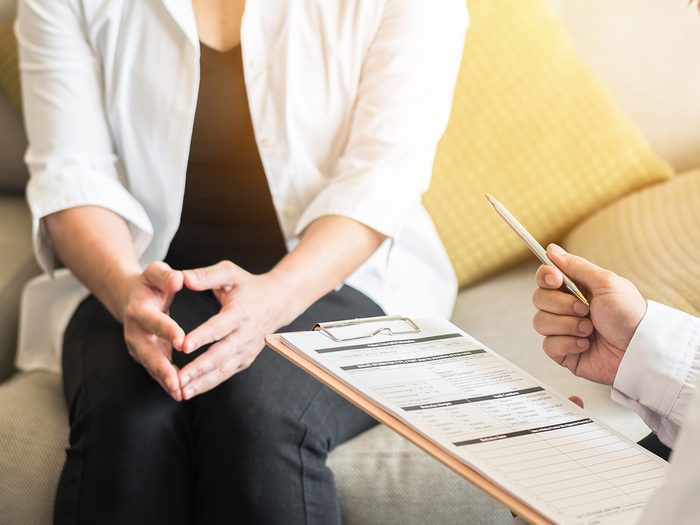
Seeing the doctor more often
We hate to break it to you but those days of skipping annual doctor appointments because you were just “so busy” are over now. Especially if you’re a female who is considering pregnancy in the next few years, making sure you’re healthy downstairs is essential to family planning. “Along with making sure women are up to date with preventative screenings, like pap smears, immunizations, and breast exams, diagnosing and treating medical conditions is imperative for a healthy pregnancy,” explains Annelise S. Swigert, MD, obstetrician and gynecologist. Don’t be afraid to ask your gynecologist any of these embarrassing questions.
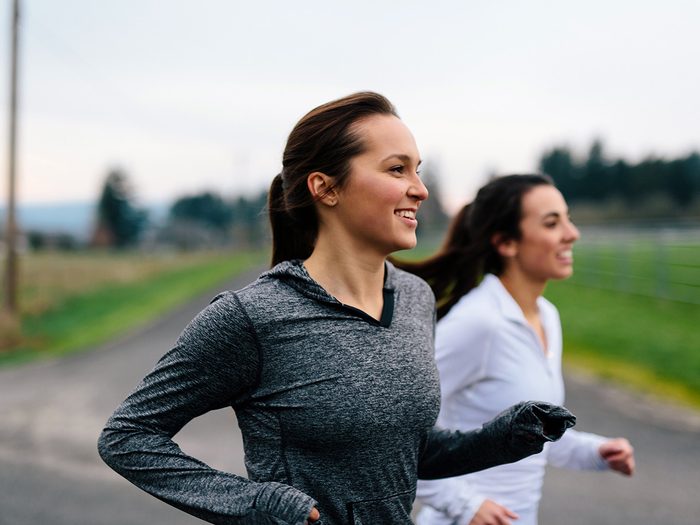
Keeping the weight off—for good
Those photos of you from your early 20s when you could basically eat whatever you wanted, whenever you wanted and still fit into those skinny jeans? You probably savour them now, especially since merely looking at a doughnut makes you feel like you gained five pounds. But while you might want to shed a few to build self-confidence—from a health perspective, maintaining a healthy weight is important for longevity and fertility. Weight gain can even make your body do some pretty bizarre things.
“As we age and our metabolism slows, we get caught up in the busyness of our lives and all of this can lead to weight gain,” Janet Choi, MD, a reproductive endocrinologist says. “Not only is a high BMI associated with increased heart disease and diabetes risks, but also increased fertility problems. Studies suggest higher IVF failure rates in obese/overweight women compared to similarly aged women with a normal BMI range. Pregnancy complications, such as miscarriages, gestational diabetes, and pregnancy induced hypertension/preeclampsia increase with abnormal range BMIs.”
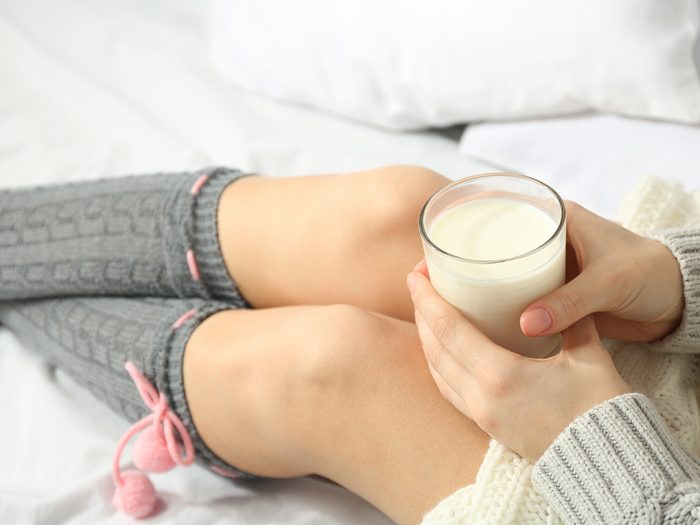
Prioritize your bones
When you think about working out and fitness goals, you might lust after a firm set of abs or arms that don’t jiggle when you wave. But while those are reasonable desires to have for your body, Romy Block, MD, says now that you’re in your 30s, you need to keep your bones at top of mind. “Bone density peaks in your 30s, so this is the time to make sure you are doing everything possible to build and maintain strong, healthy bones,” she says. “Stay or get active with regular weight bearing exercise and get adequate levels of vitamin D and calcium. Calcium is best found in dietary sources while vitamin D typically needs to be obtained via a supplement.” Watch for signs you might be calcium deficient, and start taking a supplement before it’s too late.
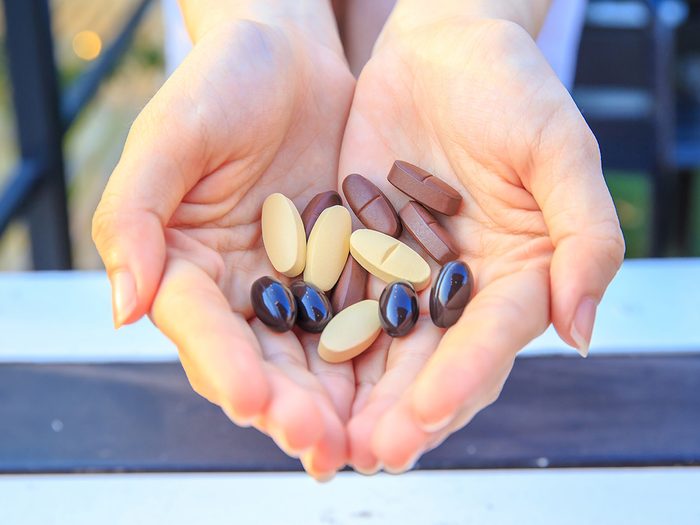
Start taking vitamins (if you haven’t already)
If your mom has been nagging you for, say, your whole life, about taking vitamins, it might be time to actually listen to her. Though seeing your primary care physician or a holistic doctor is the best way to figure out any deficiencies you have, Dr. Block says that generally speaking, most 30-somethings have nutritional gaps that can be strengthened thanks to a few supplements. “Many people in their 30s feel fatigued and sluggish due to a variety of factors, such as poor sleep quality and low levels of iron and vitamin B12,” she shares. “Talk with your doctor about your lifestyle, including your diet, and then fill in any nutrient gaps with a good quality personalized multivitamin. Following the proper vitamin regimen now can help you feel your best through your 30s and well beyond.” Be sure to check out our guide to exactly how much of each nutrient your body needs.
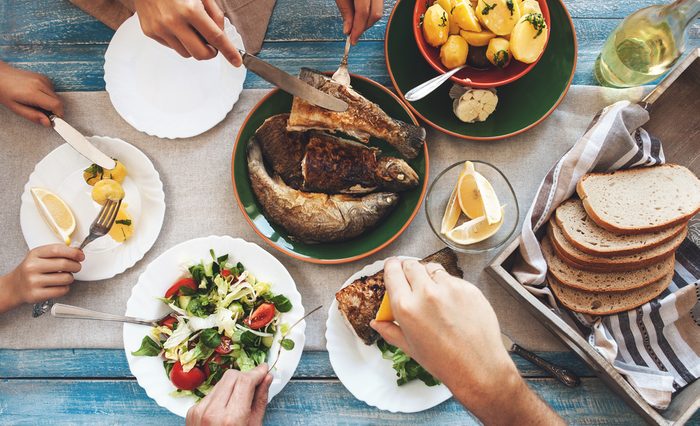
Eat dinner earlier
Men’s health expert and yoga and meditation teacher, Jai Sugrim says that the earlier you finish eating in the day, the better chance you give your metabolism to do its job. “Eat your calories earlier in the day keeps your metabolism healthy and will give your body a chance to burn off what you have eaten. Allow time to burn off what has been eaten by eating dinner early,” he shares. Stumped for what to make? Try one of these healthy fish recipes.
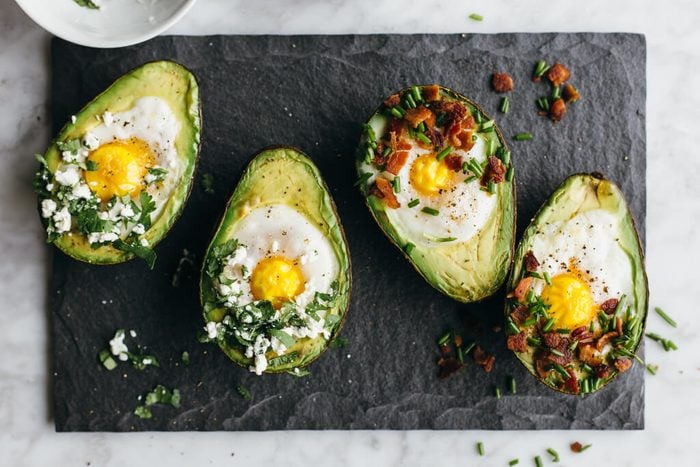
Eat less sugar and more fat
The more candles you collect on your birthday cake is directly correlated to how important making smart, nutritional choices is for your health. Losing weight and staying fit gets more difficult with age, and the biggest way to control your waistline is via your fork. That’s why being mindful about how much sugar are in your dishes and what type of fat is in your recipe is important. “Sugar causes inflammation in the body. Fat is a great source of fuel and energy which creates good hormonal balance. It will also help to keep your nails, skin and hair healthy,” Sugrim says. Here’s how to tell the difference between good fats and bad fats.

Keep your sunscreen next to your toothpaste
Whether it’s winter or summer, wearing sunscreen on the reg will protect your skin from possible damage from sun exposure. Director of cosmetic and clinical research in dermatology at Mount Sinai Hospital, Joshua Zeichner, MD says doubling-up on sunscreen as you age is so essential, you should keep that tube of SPF next to your toothpaste for a twice-a-day reminder. “A single missed day of sunscreen when getting incidental exposure walking to and from work likely will have a little impact on the skin. However, if you never wear sunscreen, even small amounts of UV light exposure have significant effects overtime,” he shares. Avoid these common sunscreen mistakes that make dermatologists cringe.
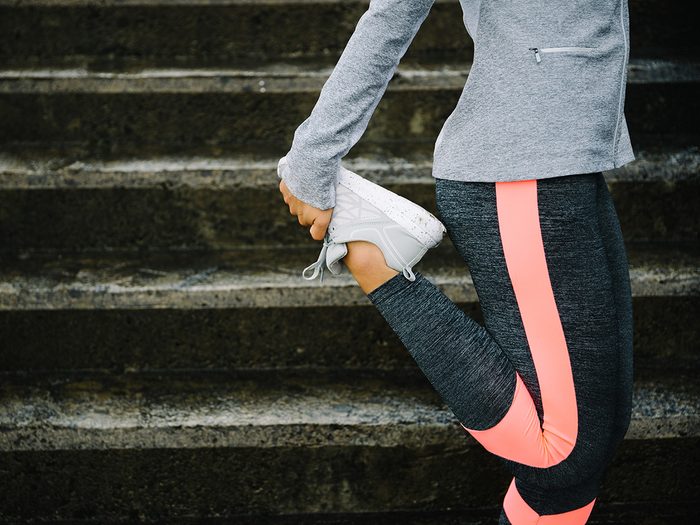
Maintain your mobility
You’re probably already experiencing hangovers that are twice as bad as they used to be when you were post-college, but your joints and overall mobility will weaken as you approach this new decade, too. That’s why certified personal trainer and fitness professional, Jessica Cifelli says to stay active and limber as you age, you need to make sure you practice a full range of motion that’s pain-free and without limitations. “It’s important to have quality movement patterns to not only squat, lunge, and push up efficiently and painless, but to run with your children or complete a whole day of yard-work, without joint limitations. Use some time during your week to focus on shoulder, hip, thoracic spine and ankle mobility for better performance and functional productivity,” she advises. Plus, some incredible things happen when you have a strong core, like fewer aches and pains.
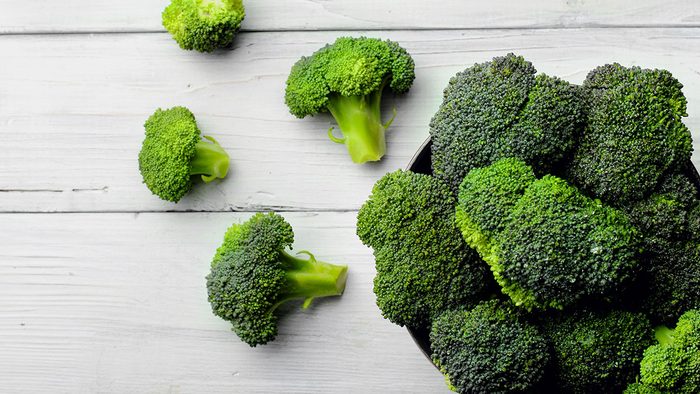
Eat more fiber
Board-certified surgeon, Cedrek McFadden, MD, calls fiber “the great regulator” for 30-somethings. Found in foods like peas, lentils, artichokes, broccoli, and these other high fiber foods, fiber helps make sure your digestive system is healthy and productive. But with an inadequate amount of fiber in your diet, Dr. McFadden says you’re at a higher risk for diarrhea, constipation, and hemorrhoids. “In your 30s and beyond, I recommend 25 to 30 grams of fiber each day, whether that is with the addition of fruit, vegetables, whole grains, or over-the-counter fiber supplements. This amount of fiber may ultimately be a goal that may require deliberate and intentional planning in the daily diet.” Stock up on high-fibre foods that are budget friendly and you may even save on groceries.

Memorize your family history
You probably learned your most valuable health lessons from your mom, right? As you age, Dr. McFadden says it becomes important to not only know, but memorize and prioritize the diseases that you’re genetically at a high-risk of developing. “In your 30s, I recommend making note of any family history of colorectal cancers or polyps. Also, know the age at which family members were diagnosed as it may influence the age at which you should begin colon screening, For example, if your parents or sibling was diagnosed with colorectal cancer at the age of 42, you should begin colon screening at the age of 32,” he says.
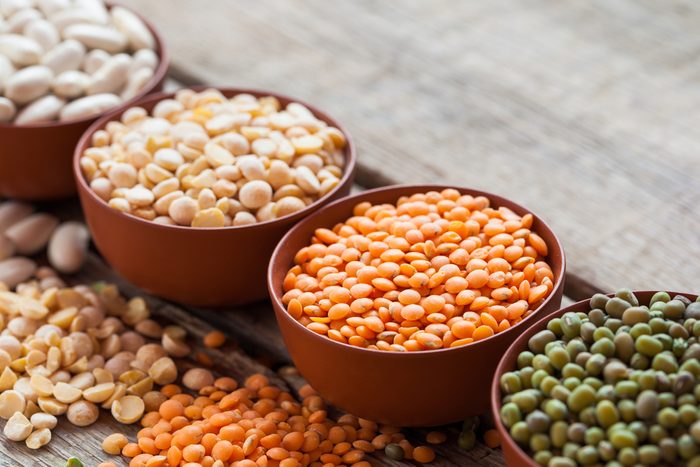
Add more pulses to your diet
Since losing and maintaining weight only gets more difficult with each passing calendar year, nutritionist Amy Gorin, MS, RDN, says making small, effective, and habitual tweaks can promote balance in your lifestyle. One idea she has is eating more pulses, essentially different types of beans, chickpeas, lentils, and dry peas. She recommends eating one-half of a cup three times a week. If you do this, Gorin notes you’re meeting the USDA-recommended portion of fiber and protein. “Research shows that people who regularly eat pulses are 22 percent less likely to be obese, versus people who don’t eat them. You can puree cooked pulses and add them to a smoothie, at breakfast, and for lunch or dinner you can add them to a salad, fajitas, or tacos. For dessert, blend them into a brownie recipe,” she says.
Next, find out the best workout for your age.
